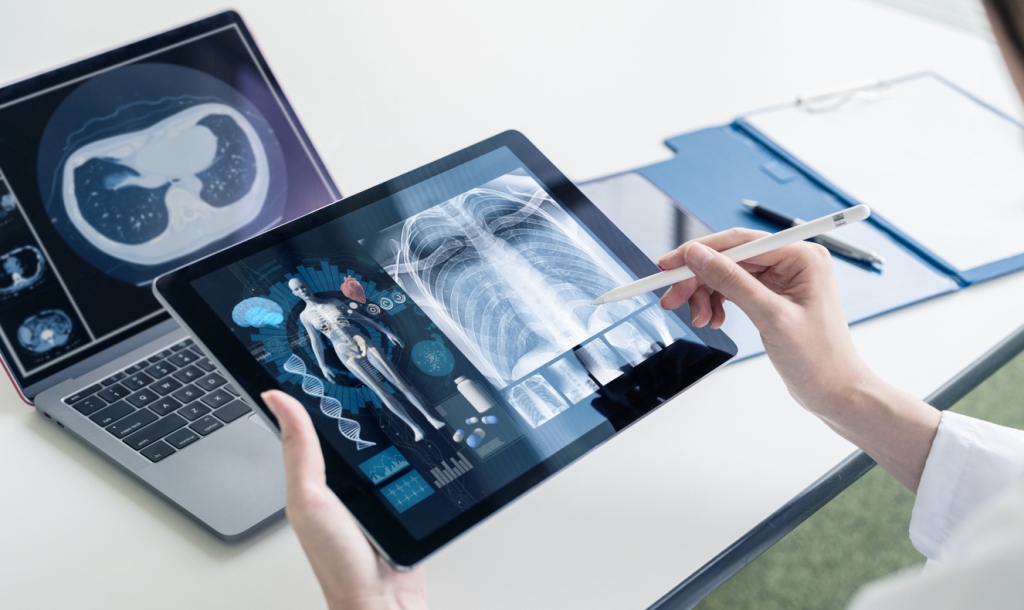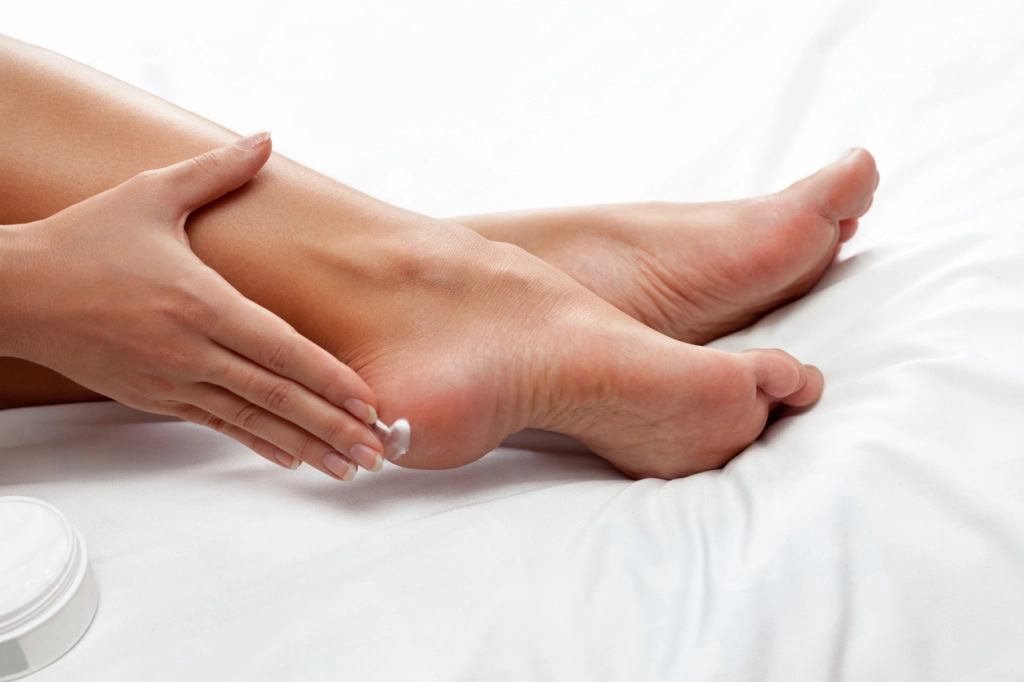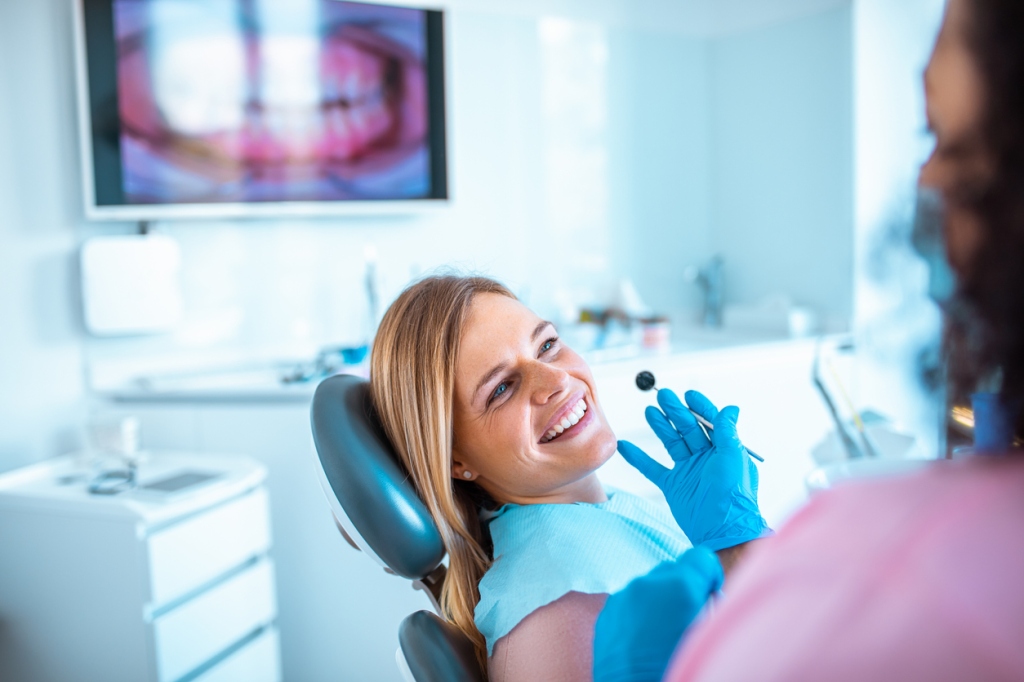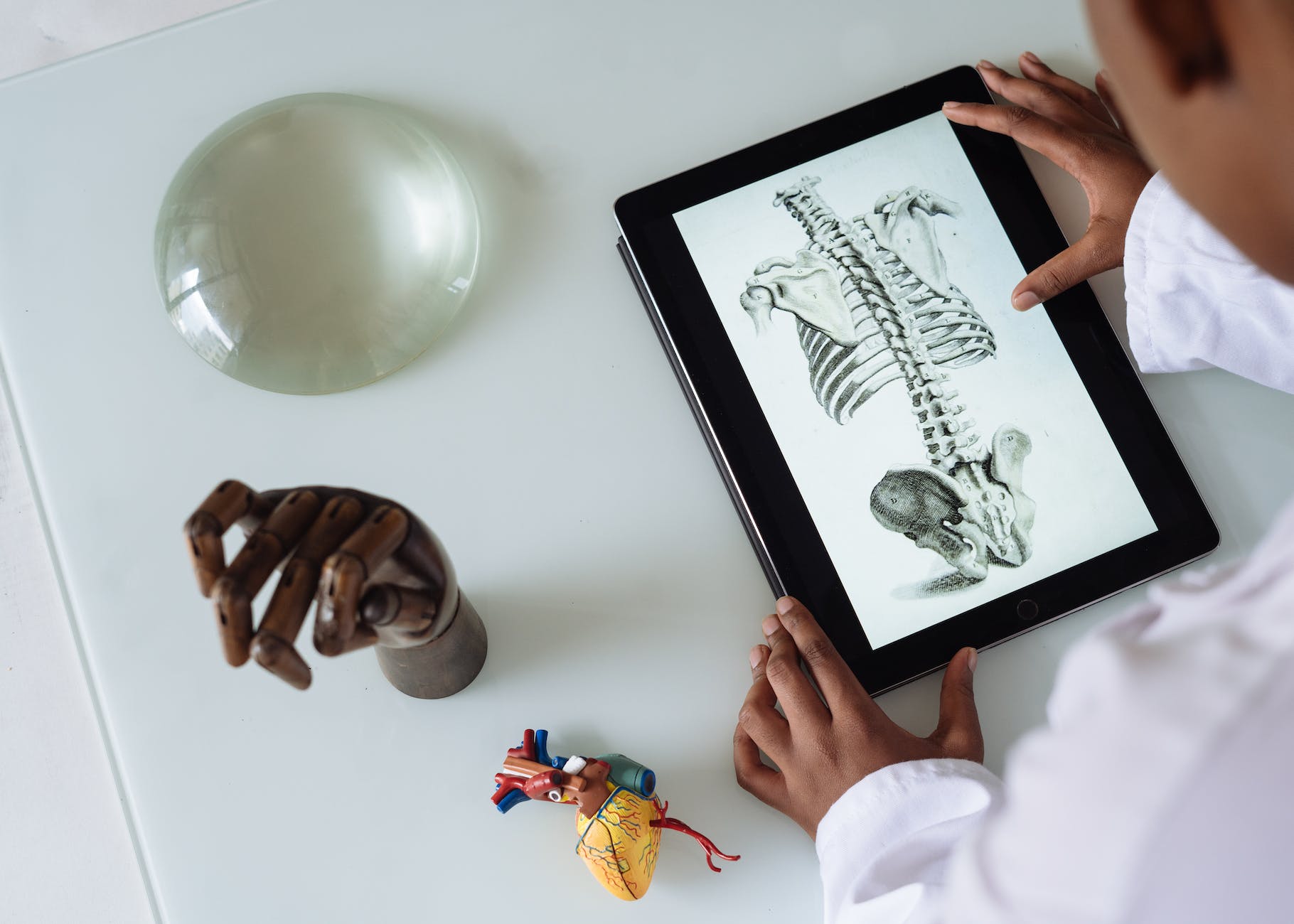Whether you’re a layperson interested in maintaining your own health or someone who works in the healthcare industry, it’s exciting to learn about the new medical gadgets in development and all the various things they can do. These gadgets include wearables, medical robots, 3D printers, and artificial intelligence. Just as technology revolutionizes our everyday lives, so is the field of medicine.
Read on to learn about the hottest medical gadgets for 2024:
Aidmed One
This is a portable, chest-worn device made by the Polish startup Aidmed. It can record blood pressure, temperature, and ECG (electrocardiogram) which will tell you how you (or your patient) are doing.
Nucleus
This is a portable robotic exoskeleton from the Indian company Punar. It can train the paralyzed hands of stroke patients and help them to recover faster.

BIO BOTS
This is an oral healthcare nanobot created by the Indian company Theranautilus. It can help treat tooth sensitivity permanently and can also help promote tooth regeneration.
MARS
MARS or Multi-User Augmented Reality System allows surgeons to get X-ray vision during surgeries. It is one of the hottest medical gadgets in 2024 that will allow surgeons to see the images without looking away from the patient and will also guide their instruments and implants.
HEARThermo
This is a wristband from the Taiwanese company Nightingale. The wristband monitors body temperature and heart rate and can also help predict infections.
PneumoWave
PneumoWave is a UK-based company that is coming up with a biosensor that can help people with chronic obstructive pulmonary disease (COPD). It captures and analyzes pulmonary data, thus making it easier to tell when the patient’s condition might worsen.
HYDRAFIL
This is a system which uses hydrogel technology. It is a minimally invasive system that can help patients with chronic back pain. HYDRAFIL is from the US-based startup ReGelTec.
VisionAir Solutions
This is the name of a US-based startup that is making 3D-printed stents. When a patient has a central airway obstruction, a 3D-printed silicone stent can help them to breathe easier.
Elo
This is a device from the Singaporean company EloCare. It can monitor symptoms and collect data for women undergoing menopause. The data can then be transferred directly to the physician through the Internet of Medical Things and can help to determine if any lifestyle or medical changes are needed.
WarnerPatch
This is a 5G-connected medical patch from the UK startup M2JN. This patch monitors regional soft tissue health, so it can help in detecting diabetic wounds and post-surgical repairs.
For more information about the latest medical gadgets and developments in medical technology, follow our blog or sign up for a course at the Avidity Medical Design Academy. To improve your physical, mental, and spiritual health, try a scented candle or soap from Avidity Medical SCENTations.






























